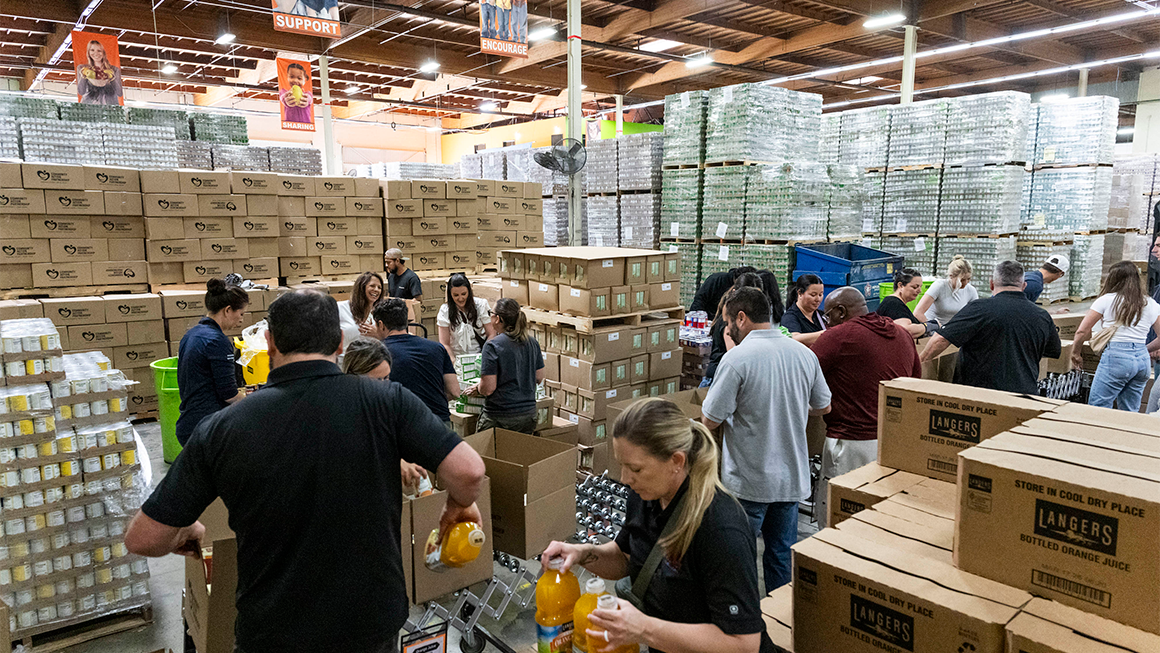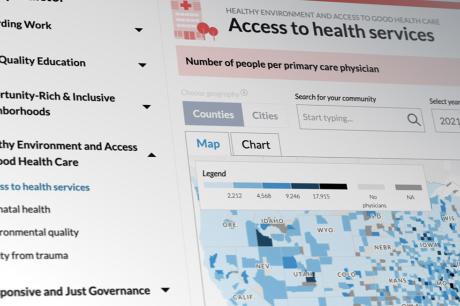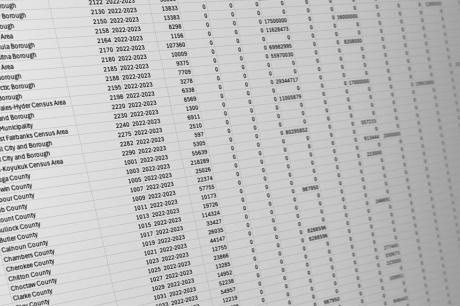Articles and analysis on today's issues

Federal cuts to the Supplemental Nutrition Assistance Program could cause some DC-area families to lose an average of $187 in monthly benefits.
The SSA Says It’s Reduced the Disability Claims Backlog. Fewer New Claims and a Higher Denial Rate Could Be Driving the Reduction To better understand what’s driving a decrease in claims and increase in denials, the Social Security Administration could invest more in the research and staff needed to study these trends.New Math and Reading Data Illustrate the State of Postpandemic High School Achievement and Attendance Recently released National Assessment of Educational Progress data show that high schoolers nationwide may not have fully recovered from pandemic-related learning disruptions.In an Uncertain Federal Data Landscape, Blending Public and Private Data Offers Many Benefits—But Requires Mitigating Risks Ensuring the long-term resilience and trustworthiness of public data is no longer optional; it’s essential.When Federal Data Disappear, So Does the Ability to Make Effective Policy When data disappear, we lose more than numbers—we lose the ability to see where inequities exist, to measure whether interventions are working, and to hold systems accountable.How Third-Party Data Can Strengthen the Strained Federal Data Landscape Third-party data offer a promising opportunity to help fill federal data gaps—but careful vetting and philanthropic investment is needed to address quality, accessibility, and governance concerns.How Cities Can Fill Federal Safety Net Gaps in Child Care and Early Learning Hartford, Connecticut, models how cities can use data and community insights to inform strategies to improve child care and early learning systems.





